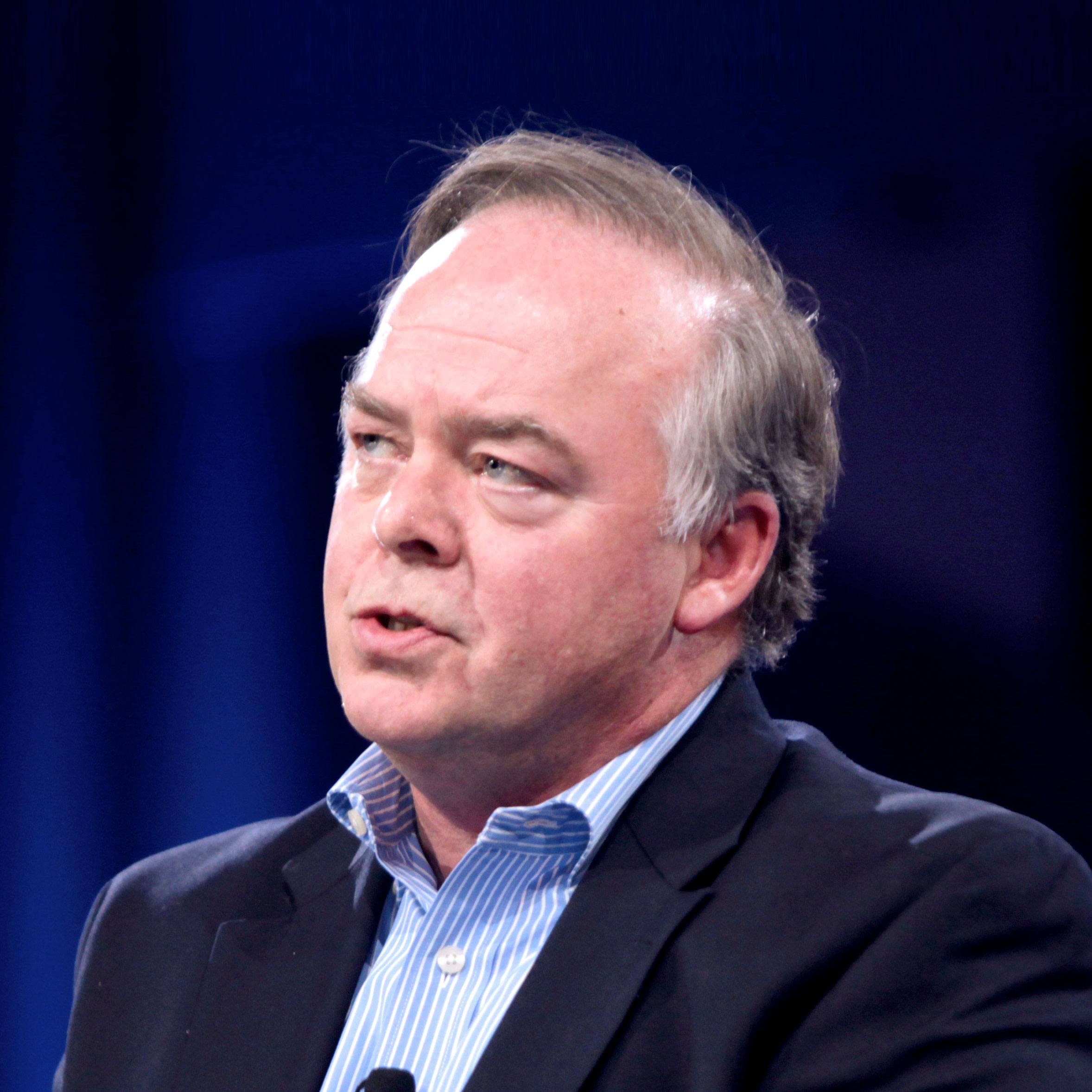Thomas Jefferson, in his first inaugural address in 1801, said that “every difference of opinion is not a difference of principle.”
Jefferson went through the first bitter and divisive U.S. election against incumbent President John Adams, so his call for unity was welcomed. What happens, though, when an opinion changes the principle of not just a conservative icon but changes the very meaning of American history and interpretation of America’s future? What happens when that opinion is simply wrong?
Henry Olsen, Fellow at the Ethics and Public Policy Center and author of a new book on Reagan, will find that out soon enough, for he has certainly kicked the conservative hornet’s nest.
Olsen’s new book, “The Working Class Republican: Ronald Reagan and the Return of Blue-Collar Conservatism” (Broadside Books, 2017), has an interesting though flawed premise: that Ronald Reagan, champion of American conservatism and American freedom and self-described libertarian, was a lifetime New Dealer, a supporter and inheritor of President Franklin Delano Roosevelt’s massive government policies to jump-start the economy in the 1930s and early 40s.
[lz_ndn video= 29881985]
It is surely a controversial and provocative assertion that will stimulate an intellectual debate about who Reagan was, what he believed, and how he evolved. All legitimate scholarship on Reagan is to be welcomed. And Olsen does recognize Reagan’s intellect, as expressed in his writings, and for this, he is to be commended. At no time does Olsen question Reagan’s vastly underestimated intellect. The writing is often good.
By the 1960s and later, Ronald Reagan was a conservative, a libertarian. He was pro-life, pro-freedom, and pro-individualism. He was pro-market and pro-federalism. He was an intellectual who read constantly while traveling, by train, across the country, quoting freethinkers such as Thomas Paine, Ralph Emerson, and Aleksandr Solzhenitsyn.
Reagan did not shy away from his support or admiration for Roosevelt, even after his political shift from a “hemophilic liberal” to an American conservative in the 1960s. His oft-used phrase “rendezvous with destiny” — in his endorsement for Barry Goldwater, or in the announcement of his candidacy for president in 1979, or in his acceptance for the nomination a year later — was taken directly from FDR’s speech in 1936 to members of the Democratic Convention. He admitted in his diaries that he voted for FDR in all four of his elections.
It is like looking at Saul of Tarsus and later his converted identity as Paul, and believing they are of the same beliefs.
In his autobiography, “An American Life,” Reagan admits that his liberalism was so strong that he would have family fights with his brother Neil after the latter became a Republican. Reagan says that his support for the New Deal in the 30s and 40s went down “to the core. I thought the government could solve all our postwar problems just as it had ended the Depression and won the war.”
Compare that to his first inaugural address, several decades later, by which time his view of government had drastically changed from that of his youth.
“Government is not the solution to our problem; government is the problem,” he famously said. One may have difficulty seeing how this relates to FDR’s government control of the economy; the government, as he said earlier, “is our servant, beholden to us,” not the other way around.
Reagan was a vocal opponent of excessive government spending and overreach, perhaps the most vocal opponent in modern United States history. This included such previously beloved programs as the New Deal. Speaker of the House Tip O’Neill, perhaps Reagan’s biggest enemy in Congress, was a constant annoyance to the President’s beliefs and policies. In 1981, Reagan said that O’Neill “is a solid New Dealer and still believes in reducing the states to administrative districts of the federal government.”
Personal grudges between the two aside, this was a policy issue, and Reagan’s personal diaries showed that the main belief of the New Deal was feds vs. states. Reagan fundamentally disagreed with the notion of making the states almost like subsidiaries of the federal government, emphasizing that “Washington has no business trying to dictate how states and local governments will operate their programs.”
[lz_related_box id=802597]
Indeed, during the 1980 debate with Jimmy Carter, Reagan quipped, “I was a Democrat; I said a lot of foolish things back in those days.”
In public, Reagan was just as hard on the New Deal. In a Christmas Day broadcast in 1981 on PBS, President Reagan said that “many of the New Dealers actually espoused what today has become an epithet — fascism — in that they spoke admiringly of how Mussolini had made the trains run on time. In other words, they saw in what Roosevelt was doing; a planned economy, private ownership, but government management of that ownership and that economy.”
Right or wrong, Reagan clearly believed that New Deal proponents — not FDR, but those who were close to FDR, admired Mussolini’s fascism and that the two ideologies were best friends, if not one and the same. (go to page 2 to continue reading)[lz_pagination]

Join the Discussion
Comments are currently closed.